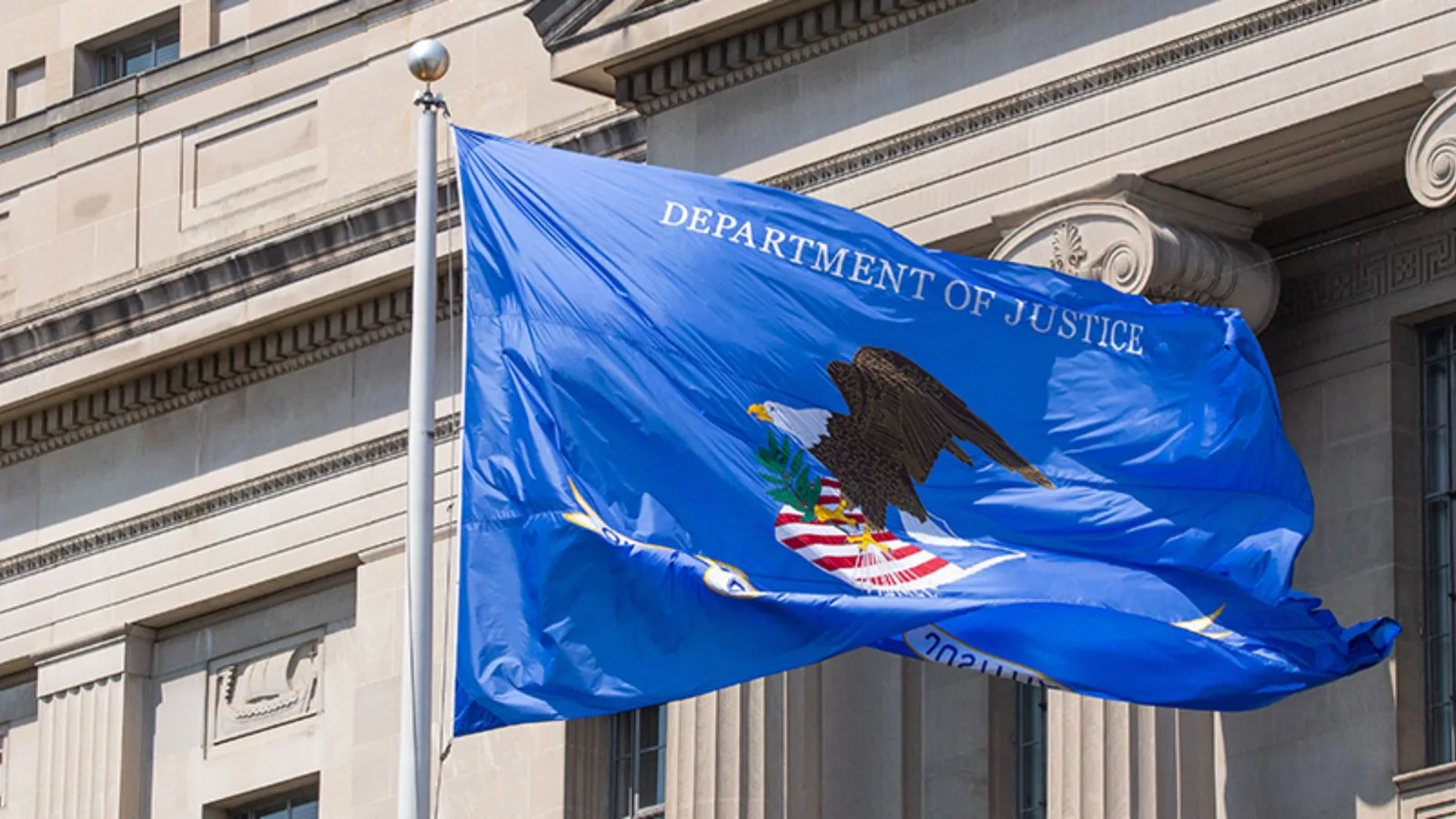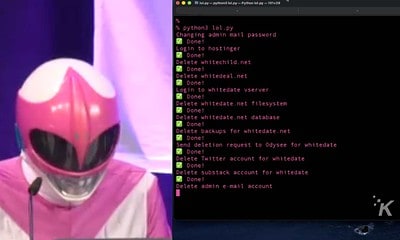News
DOJ warns against media collusion to flag misinformation
The DOJ says when news outlets deprioritize or flag certain content, such as misinformation, they could be engaging in anticompetitive behavior.

Just a heads up, if you buy something through our links, we may get a small share of the sale. It’s one of the ways we keep the lights on here. Click here for more.
The US DOJ has weighed in on a high-profile lawsuit involving major news organizations and anti-vaccine group Children’s Health Defense (CHD), warning that efforts to suppress misinformation may risk violating antitrust law.
In a new legal filing, the DOJ argues that when news outlets and tech platforms coordinate to deprioritize or flag certain content, such as misinformation, they could be engaging in anticompetitive behavior if it results in excluding rivals or suppressing alternative viewpoints. (Via: The Verge)
The case, Children’s Health Defense et al. v. Washington Post et al., targets a media partnership called the Trusted News Initiative (TNI), which includes The Washington Post, BBC, Associated Press, and Reuters.
The initiative aims to combat high-risk disinformation by sharing best practices and flagging misleading content.
CHD, founded by current Health and Human Services Secretary Robert F. Kennedy Jr., alleges that TNI participants and their tech platform partners (like Facebook and YouTube) unfairly targeted their content, causing financial harm by limiting visibility and monetization opportunities.
While the DOJ doesn’t take a stance on the factual claims of the case, it emphasizes that antitrust protections extend to “viewpoint competition” and “information quality,” not just traditional markets.
The DOJ warns that exempting coordinated editorial decisions from antitrust scrutiny could empower dominant platforms and media organizations to block out competitors with dissenting views, ultimately reducing both news quality and diversity of thought.
The lawsuit centers on whether efforts to combat misinformation, like labeling COVID-19 claims about ivermectin and vaccines as false, or flagging stories about Hunter Biden, were part of an illegal attempt to suppress rival publishers.
The publishers involved argue that decisions about content moderation were made by tech platforms and that CHD’s complaint improperly extends antitrust law into constitutionally protected editorial discretion.
The DOJ filing signals a broader shift in antitrust thinking, aligning with a growing bipartisan push to consider factors beyond price, such as service quality and information access.
DOJ Antitrust Division chief Abigail Slater reinforced this stance, stating, “This Antitrust Division will always defend the principle that the antitrust laws protect free markets, including the marketplace of ideas.”
Do you think coordinated efforts to flag misinformation could violate antitrust laws? Or is this necessary cooperation to combat harmful false information? Tell us below in the comments, or reach us via our Twitter or Facebook.
























